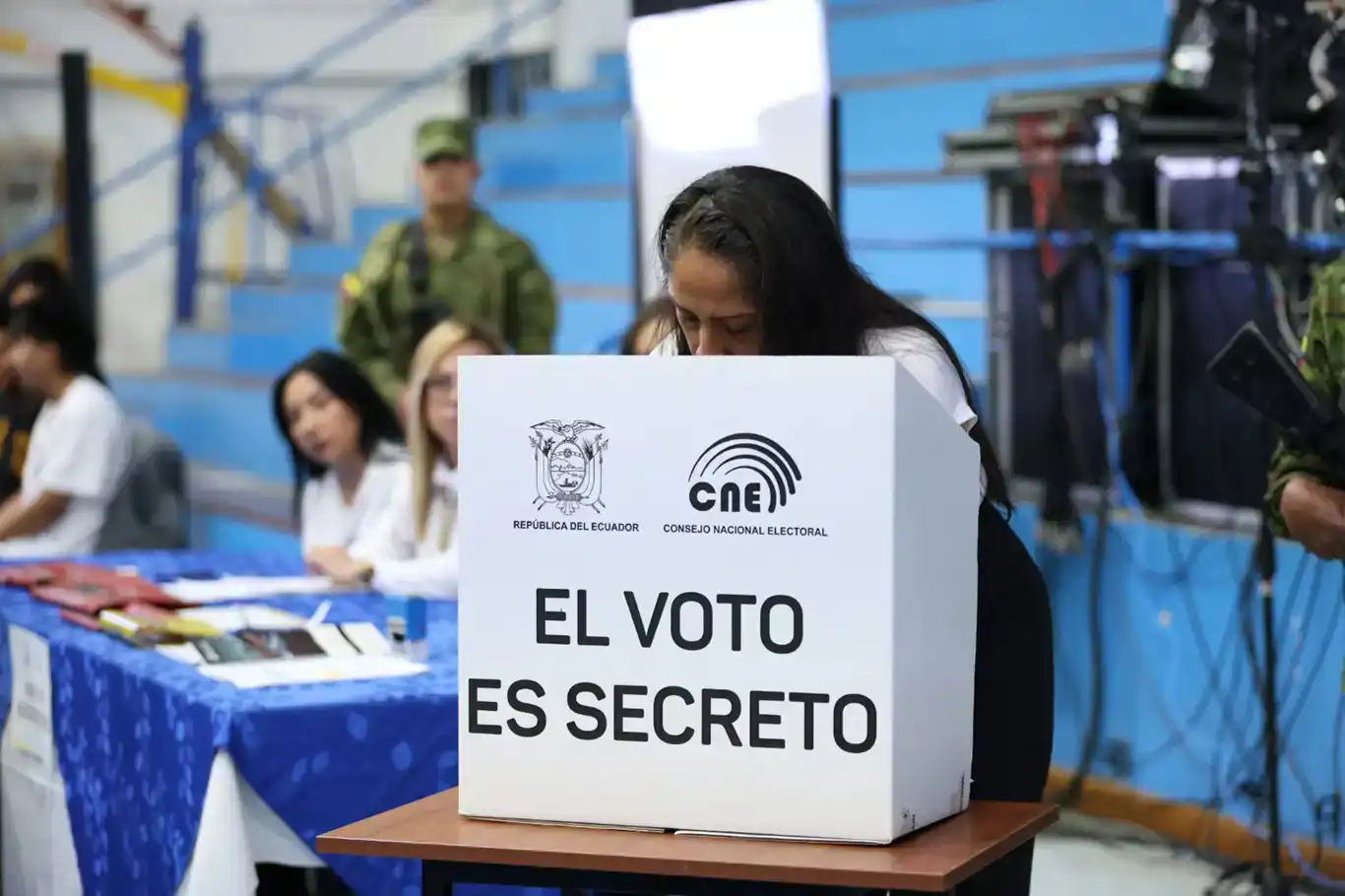Ecuadorians overwhelmingly reject foreign military bases in referendum


Ecuador’s voters decisively opposed proposals to allow foreign military installations, including the U.S. Manta air base, reaffirming constitutional sovereignty while rejecting additional reforms on political funding and legislative restructuring.
Ecuadorians delivered a clear message in Sunday’s constitutional referendum, voting against the return of foreign military bases to national territory. Preliminary results show that over two-thirds of voters opposed the proposal, signaling widespread resistance to external military involvement in domestic security. This outcome effectively blocks any potential return of the U.S. military to the Manta air base, a former hub for anti-narcotics operations along the Pacific coast.
President Daniel Noboa had promoted the initiative as a critical measure to bolster the country’s efforts against escalating organized crime and drug trafficking. The government argued that foreign cooperation, including potential military presence, could strengthen Ecuador’s capacity to combat increasingly sophisticated criminal networks. However, the public clearly rejected this approach, emphasizing national sovereignty as a paramount concern in matters of security.
The referendum also included two additional key proposals: reducing public funding for political parties and cutting the number of National Assembly members from 151 to 73. Both measures were defeated by wide margins, indicating that voters are cautious about granting sweeping powers or restructuring the political system without broad public consensus. Analysts interpret these outcomes as a reflection of Ecuadorians’ desire to maintain institutional stability while addressing complex domestic challenges.
The decision carries significant implications for regional security and foreign policy. By reaffirming the constitutional ban on foreign military bases, Ecuador is signaling to neighboring countries and international actors that its internal security strategies will be guided primarily by domestic considerations, rather than external influence. This stance may shape future negotiations regarding military and security cooperation in Latin America.
Political observers note that the referendum illustrates the delicate balance between addressing urgent security threats and respecting public sentiment. While President Noboa’s administration faces the challenge of combating organized crime, the vote underscores that solutions perceived as compromising sovereignty or ceding control to foreign powers are likely to face resistance.
In acknowledging the results, President Noboa reaffirmed his commitment to tackling organized crime and safeguarding public security. He emphasized that while the proposals were not approved, the government’s determination to strengthen law enforcement and promote public safety remains steadfast. The referendum serves as a vivid demonstration of Ecuadorian civic engagement, highlighting the electorate’s insistence that national policy decisions reflect domestic priorities and values.
Ultimately, Ecuadorians’ rejection of foreign military bases, alongside the other proposed reforms, represents a clear mandate: national sovereignty and constitutional principles must guide responses to both security and political challenges, even in the face of rising criminal threats.(ILKHA)
LEGAL WARNING: All rights of the published news, photos and videos are reserved by İlke Haber Ajansı Basın Yayın San. Trade A.Ş. Under no circumstances can all or part of the news, photos and videos be used without a written contract or subscription.
Bangladesh’s former Prime Minister Sheikh Hasina has been sentenced to death by a special tribunal for crimes against humanity related to her alleged role in a violent crackdown on student-led protests in 2024.
Syria’s Minister of Foreign Affairs and Expatriates, Asaad Hassan Al-Shaibani, met with Chinese Foreign Minister Wang Yi on Monday to discuss ways to enhance cooperation and strengthen bilateral ties between the two countries.
An Israeli Air Force reservist and his wife have been arrested on charges of passing sensitive military information to Iranian intelligence, allegedly in exchange for digital currency, in the latest espionage case targeting Iran-related operations.
At least 42 Indian pilgrims on the Umrah pilgrimage are feared dead after their bus collided with a diesel tanker and burst into flames near the holy city of Medina in the early hours of Monday.